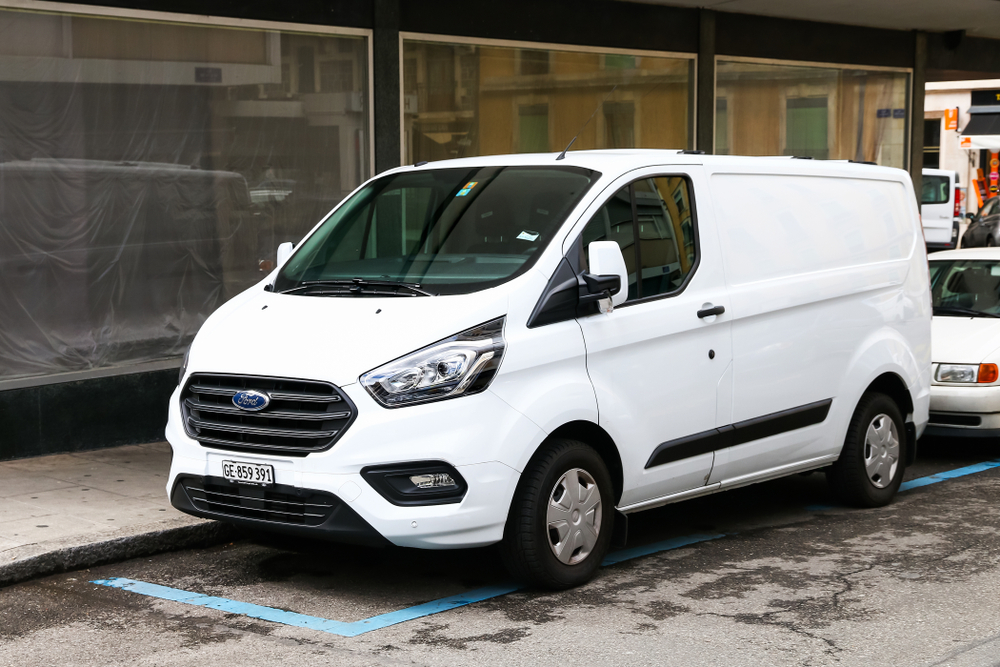
Ford Motor Company announced Tuesday they will be offering an all-electric cargo van for sale by 2022.
The company said the conversion will allow them to lead the transition to zero emissions while providing a sustainable alternative to internal combustion engine fleet vehicles. The Ford Transit, already the best-selling cargo van in the world, will be available in an all-electric model with smart features and cloud connectivity that will help owners maximize performance, the company said.
“Commercial vehicles are a critical component to our big bet on electrification,” said Jim Farley, chief operating officer, Ford Motor Company. “As leaders in this space, we are accelerating our plans to create solutions that help businesses run better, starting with our all-electric Transit and F-150. This Ford Transit isn’t just about creating an electric drivetrain, it’s about designing and developing a digital product that propels fleets forward.”
Ford said the American-built Transit is part of Ford’s $11.5 billion investment in electrification through 2022. The Transit will join Ford’s Mustang Mach-E coming out later this year and the Ford F-150 all-electric truck, announced last year.
“The world is heading toward electrified products and fleet customers are asking for them now,” said Farley. “We know their vehicles operate as a connected mobile business and their technology needs are different than retail customers. So Ford is thinking deeply on connectivity relationships that integrate with our in-vehicle high-speed electrical architectures and cloudbased data services to provide these businesses smart vehicles beyond just the electric powertrains.”
All-electric vehicles would provide companies with more than just fuel savings benefits, the company said. Electric vehicles have lower operating costs, the company said in a statement and may qualify for state, local, and federal tax rebates. Additionally, all-electric cars can be used in areas internal combustion engine cars cannot – like indoors, in areas with limited ventilation and at night in areas with restricted noise ordinances.